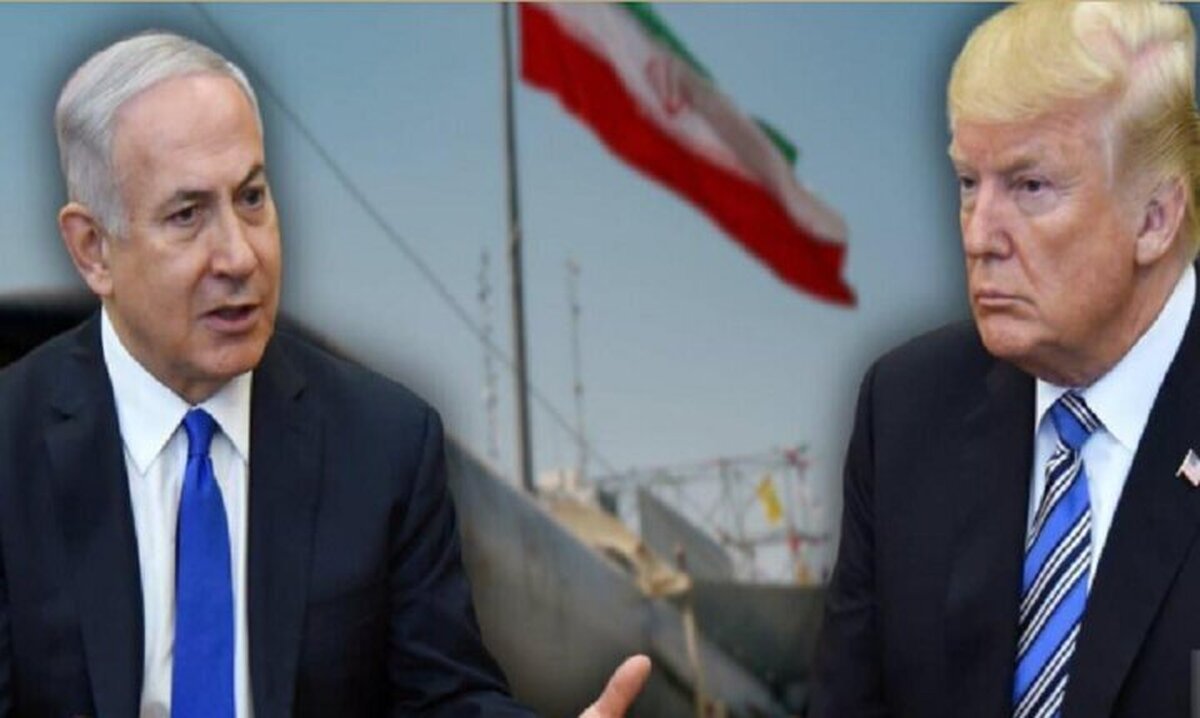
Behind US, Israel pressure for ceasefire with Iran

The 12-day war between Iran and Israel may have ended in a ceasefire, but one truth is emerging: Iran not only withstood the assault but turned the tide, leaving Tel Aviv and Washington to grapple with strategic defeat.
It has not been long since the ceasefire was established in the context of the war between Iran and the occupying regime of Israel. This war commenced with an aggressive attack by the Israeli regime on Iran in the early hours of June 13, 2025, lasting for 12 days. During this conflict, the world witnessed Iran's remarkable resistance as well as the severe blows dealt to the Israeli regime by Iran.
It is not surprising to see a significant number of Western and regional analysts deem Iran the primary victor of this battle, emphasizing that Iran achieved considerable victories not only in conventional military warfare but also in terms of soft power against the Israelis and their Western supporters.
One crucial point recently reflected in the statements of Iranian Foreign Minister Seyyed Abbas Araghchi is that the ceasefire was achieved due to persistent pressures from Western parties, particularly the United States, as well as increased activities from Arab countries, especially Qatar. Various reports had also previously underscored the Israeli regime's intense desire to establish a ceasefire with Iran. This raises a pressing question: what lies behind these insistences?
To answer this question, three key points should be considered. First, the Israeli regime and the United States hoped that Iran would quickly reach a breaking point and collapse. However, contrary to their expectations, Iran rapidly regained its capabilities and launched formidable attacks on the occupied territories. These attacks, which Western and Israeli sources acknowledge as unprecedented in the history of the illegitimate Israeli regime, resulted in extensive material, psychological, and international damages for Israel.
Additionally, various reports indicated a significant reduction in the Israeli regime's military stockpile. Consequently, when the West and the Israelis recognized their military incapacity against Iran, they were compelled to retreat and call for a ceasefire.
The second point is that the Israeli regime did not anticipate facing a wave of unity and national cohesion from the Iranian people. This regime harbored a flawed belief that its attacks would incite chaos and disorder in Iran, ultimately leading to the swift collapse of the Iranian political system. In contrast, not only did this scenario not unfold, but numerous international relations theorists now argue that the political system in Iran has become more stable than ever, with national unity effectively enhancing Iran's national power further. Thus, the Israeli regime and its principal ally, the United States, viewed the continuation of hostilities against Iran as a significant liability.
Third, the Israeli aggression against Iran and the violation of fundamental principles of international law has severely tarnished the international standing of both the Israelis and the U.S. We have witnessed widespread protests against the U.S. and Israel across the globe, demonstrating to the Israelis and their American ally that prolonged warfare could result in even graver scenarios for them in the international arena. Therefore, they assessed that ending the war was more aligned with their interests than its continuation.
All these factors convey a clear message: the occupying regime of Israel and the United States were major losers in the recent attack on Iran./mehr




